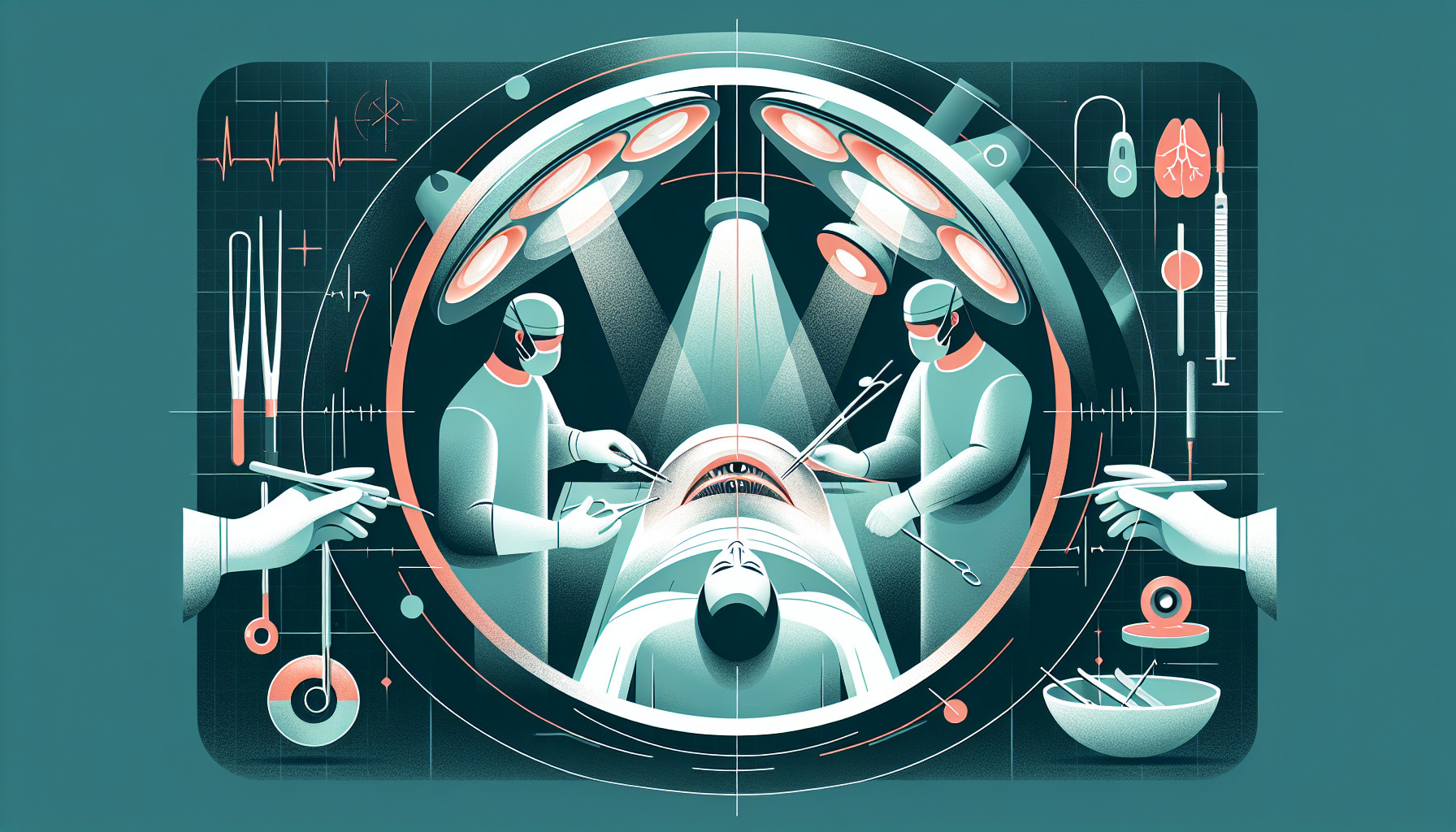Our Summary
This research article talks about how cataract surgeries have improved, especially in simple cases. However, it notes that performing these surgeries on patients with certain eye diseases can be a lot more challenging.
These diseases, which include Stevens-Johnson syndrome, ocular cicatricial pemphigoid, Mooren’s ulcer, vernal keratoconjunctivitis and limbal stem cell deficiency, can make the eye surface unhealthy. This could potentially cause issues during surgery and might even make the patient’s vision worse.
The article also discusses recent developments in managing these complex cases: using medicines that suppress the immune system and performing surgeries to fix the eye surface before cataract surgery. This step-by-step approach can greatly improve the chances of a successful cataract surgery and good vision afterwards.
In simple terms, the article suggests that for people with these special eye conditions, it’s vital to carefully plan before, during, and after cataract surgery. By doing this, and by treating the eye surface first, the surgery can have good results, and improve the patient’s quality of life.
FAQs
- How have cataract surgeries improved for simple cases?
- What eye diseases can make cataract surgery more challenging and potentially worsen the patient’s vision?
- What are the recent developments in managing complex cataract surgery cases?
Doctor’s Tip
A helpful tip a doctor might tell a patient about cataract surgery is to make sure to follow all pre-operative instructions provided by the surgeon, such as avoiding eating or drinking before the surgery and stopping certain medications as directed. It is also important to attend all post-operative appointments to ensure proper healing and monitor for any complications. Additionally, it is important to use any prescribed eye drops or medications as directed to aid in recovery.
Suitable For
In general, patients who are recommended for cataract surgery are those who have significant vision impairment due to cataracts, which are clouding of the eye’s natural lens. Symptoms of cataracts include blurry vision, glare, poor night vision, and colors appearing faded.
Patients who are typically recommended for cataract surgery include those who:
- Have difficulty with daily activities such as driving, reading, or watching TV due to poor vision caused by cataracts.
- Have cataracts that are affecting their quality of life and overall well-being.
- Have cataracts that are causing significant vision loss that cannot be corrected with glasses or contact lenses.
- Have cataracts that are interfering with the treatment of other eye conditions, such as age-related macular degeneration or diabetic retinopathy.
- Have cataracts that are causing other eye problems, such as glaucoma or inflammation.
It is important for patients considering cataract surgery to consult with an ophthalmologist to determine if they are a good candidate for the procedure. The ophthalmologist will assess the patient’s overall eye health, discuss the risks and benefits of surgery, and develop a personalized treatment plan to address their specific needs.
Timeline
Before cataract surgery, a patient may experience symptoms such as blurry vision, glare, difficulty seeing at night, and colors appearing faded. The patient will undergo a comprehensive eye examination to determine the severity of the cataract and assess the overall health of the eye. The ophthalmologist will discuss the surgical options, risks, and benefits with the patient.
After cataract surgery, the patient will typically experience improved vision within a few days, although it may take a few weeks for vision to fully stabilize. The patient will need to follow post-operative care instructions, which may include using eye drops, avoiding strenuous activities, and attending follow-up appointments with the ophthalmologist. With proper care, the patient’s vision should continue to improve over time, leading to clearer vision and improved quality of life.
What to Ask Your Doctor
- What specific eye diseases do I have that could complicate cataract surgery?
- How will you ensure my eye surface is healthy before proceeding with cataract surgery?
- What measures will be taken during surgery to minimize any potential complications due to my eye condition?
- What is the success rate for patients with my specific eye condition undergoing cataract surgery?
- What are the potential risks and complications I should be aware of?
- Will I need any additional treatments or procedures before or after cataract surgery to ensure the best outcome?
- How soon can I expect to see improvements in my vision after cataract surgery?
- What post-operative care will be necessary for my specific eye condition?
- Are there any lifestyle changes or precautions I should take after cataract surgery to protect my eye health?
- What are the long-term expectations for my vision after cataract surgery, considering my underlying eye condition?
Reference
Authors: Sangwan VS, Gupta S, Das S. Journal: Curr Opin Ophthalmol. 2018 Jan;29(1):81-87. doi: 10.1097/ICU.0000000000000441. PMID: 29210839
